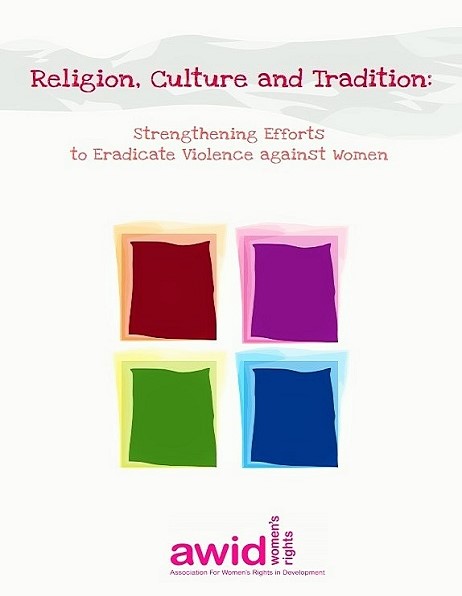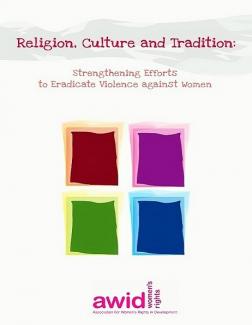
All over the world, diverse anti-rights groups (including States and non-state actors) are increasingly using arguments based on religion, culture and tradition to justify violence and discrimination. This violence is particularly targeted against women, girls, ethnic and religious minorities, people who dissent from or challenge (or are deemed to be challenging) fundamentalist movements, and people expressing (or perceived to be expressing) non-normative gender identities and sexualities.

Religion, culture and tradition are not homogeneous; on the contrary, there are always tensions, pluralism and diversity contained within. However, when powerful anti-rights forces claim ownership over an authentic interpretation of religion, culture or tradition, individuals (in particular those who are targeted because of their gender, ethnicity, religion and sexuality) are denied their fundamental rights.
* This resource was created (in collaboration and consultation with the credited individuals and organizations) to support the work of rights advocates working in international and regional spaces who are confronting opposition to their efforts using arguments based on religion, culture and tradition.
